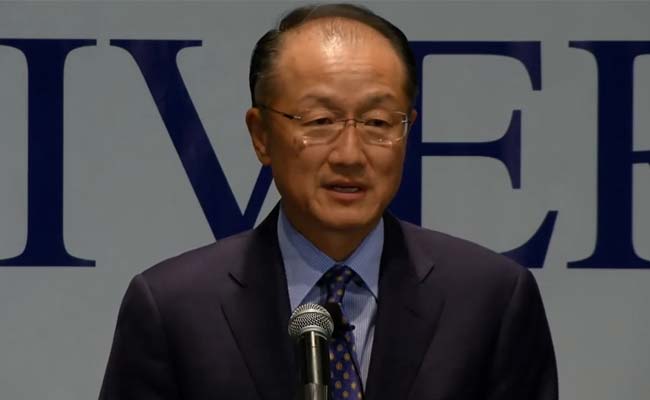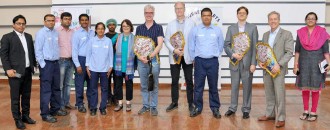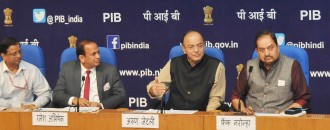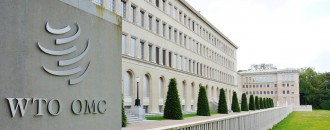
World Bank lends support to Trade Facilitation Agreement
The Dollar Business Bureau | @TheDollarBiz
 World Bank Group President Jim Yong Kim speaking at Howard University in Washington DC on the need to reduce global inequality in October 2014 (Pic. source - World Bank)
World Bank Group President Jim Yong Kim speaking at Howard University in Washington DC on the need to reduce global inequality in October 2014 (Pic. source - World Bank)The World Banks has said that adoption of the Trade Facilitation Agreement (TFA) by members of the World Trade Organisation (WTO) will help reduce poverty in several developing countries, particularly those in Africa. Eradication of poverty by 2030 is one of the objectives of the World Bank and it sees TFA as a crucial factor in this endeavour. Jim Yong Kim, President, World Bank Group, said yesterday, “Trade is a critical component to ending poverty and boosting shared prosperity and we are pleased to work with our partners at the WTO and other organisations to pursue these goals together.” According to the World Bank, African countries can earn billions of dollars in extra export earnings if trade barriers are reduced. The World Bank chief said, “Trade Facilitation was one of the important elements of the outcome from the Bali Ministerial and we remain fully committed to supporting implementation of the Bali deal as we see the development benefits of reducing costs to trade.” The World Bank is the world’s largest source of trade-related funds. It currently stands at around $13.2 billion, with over $6 billion focused on Trade Facilitation. Roberto Azevêdo, Director-General, WTO, said, “I am delighted to announce this strengthened partnership between the World Bank Group and the WTO. Our coordinated efforts will ensure that developing countries are able to obtain the support they need to tackle the bottlenecks and high costs that impact so heavily on the competitiveness of traders in many developing countries.” The UN has already urged WTO members to adopt TFA, and now the World Bank’s support increases the pressure on India to allow its adoption by the WTO. India has so far said that it is not against TFA but insists that the WTO should remove the ambiguity on public food stock-holding limits first. While the Indian government is unofficially moving ahead with reforms related to TFA, such as 24x7 customs support and single window clearances, most of these measures are limited to exports and not imports. Moreover, India’s ambitious food security law remains challenged by existing WTO laws which bind countries to limit food program support at 10% of total food production in the country. India’s total food grain production is estimated at around 250 million tonnes, and the government needs around 60 million tonnes (which may increase in coming years) to implement the food security law, which is around 24% of total food grain production in the country. The WTO has assured developing countries that they can continue existing food security programs until a long term solution is found by 2017.
This article was published on October 11, 2014.





 to success.
to success.